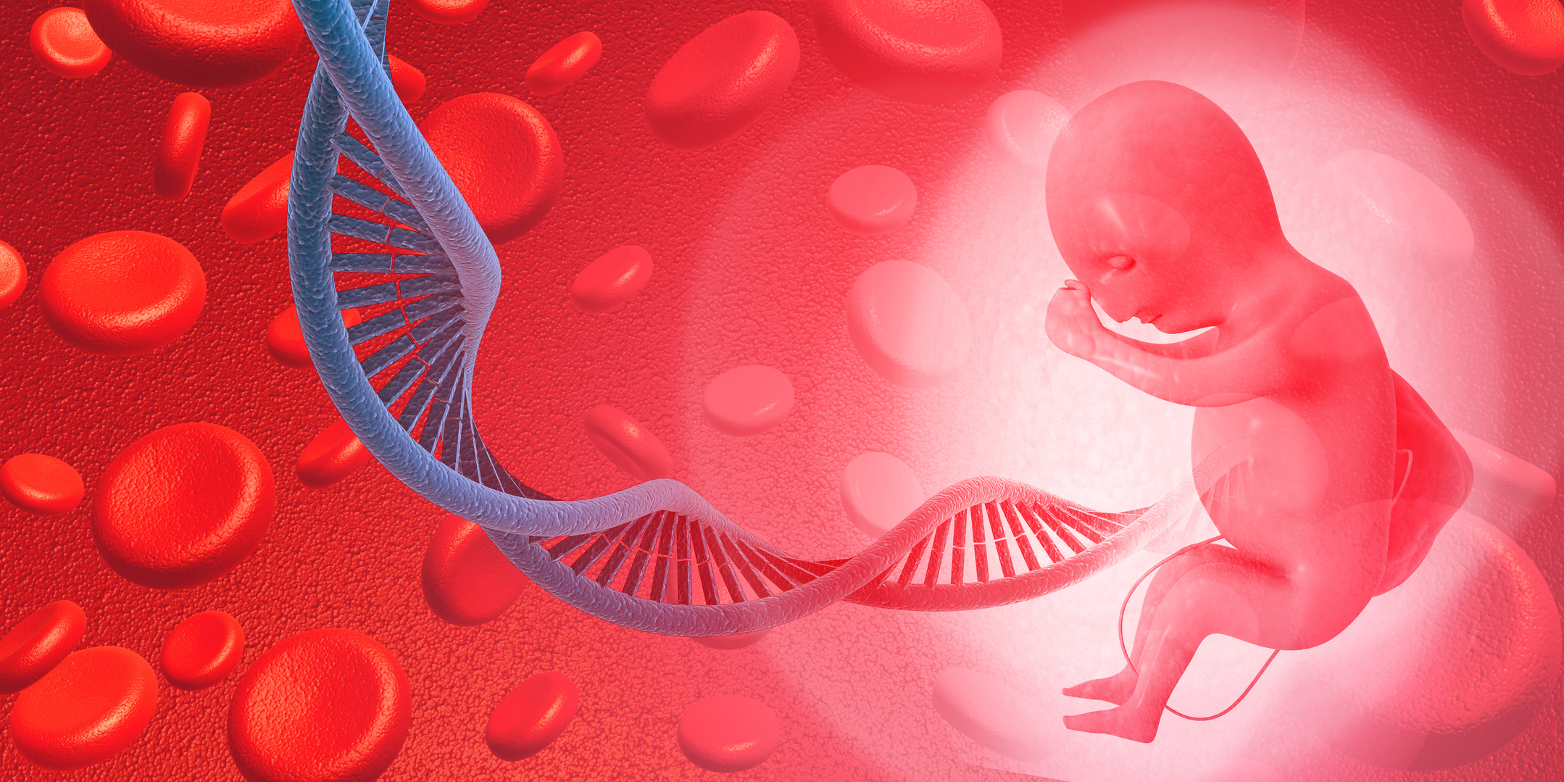If a mother eats a high-fat diet, this can have a negative effect on the health of her offspring - right down to her great-grandchildren. This is the conclusion drawn by researchers at ETH Zurich from a study with mice.

Mothers' eating habits not only affect their children and grandchildren, but also their great-grandchildren. This is the conclusion drawn by researchers from the Laboratory for Translational Nutrition Biology at ETH Zurich. In a study published this week in the Open Access journal "Translational Psychiatry" together with colleagues from Cambridge and Basel, they describe how high-fat diets have an adverse effect on the offspring.
Obesity and addictive behaviour
The researchers fed female mice high-fat food for nine weeks - before mating, during pregnancy and during lactation. Their male offspring were then paired with females who had received standard laboratory food. The male offspring of these mice were in turn paired with females who had received standard laboratory food.
The grandchildren of the mice who had eaten a high-fat diet showed addictive-like behaviours and obesity characteristics. Changes in the metabolism were also observed. In offspring of the third generation, the great-grandchildren, the researchers observed differences between males and females: While the females showed addictive-like behaviours, the males showed characteristics of obesity.
Detailed measurements
In order to assess the metabolic characterization of obesityin the offspring, the researchers measured body weight, energy metabolism, fat composition and blood plasma parameters such as insulin and cholesterol in the second and third generation offspring. In behavioural experiments, they investigated whether the mice preferred highly palatable foods, such ashigh-fat diet to a standard diet or a sucrose solution over water. They also observed if mice were more responsive to drugs of abuse such as alcohol and amphetamines. They compared these results with those of a control group in which none of the ancestors were overweight.
"The results from our mouse study certainly cannot be transferred one-to-one to humans, but studying the effects of maternal overnutrition is almost impossible to do in people because there are so many confounding factors. This mouse model allowed us to study the effects of a high-fat diet on subsequent generations without these factors." notes Daria Peleg-Raibstein, the last author of the study. "But we would like to investigate in future studies which molecular transmission mechanisms might be responsible for these long-term effects in the next generations.”
Reference
Sarker G. et al. Transgenerational transmission of hedonic behaviors and metabolic phenotypes induced by maternal overnutrition. Translational Psychiatry. 2018; 8:195. doi: external page 10.1038/s41398-018-0243-2
Comments
No comments yet